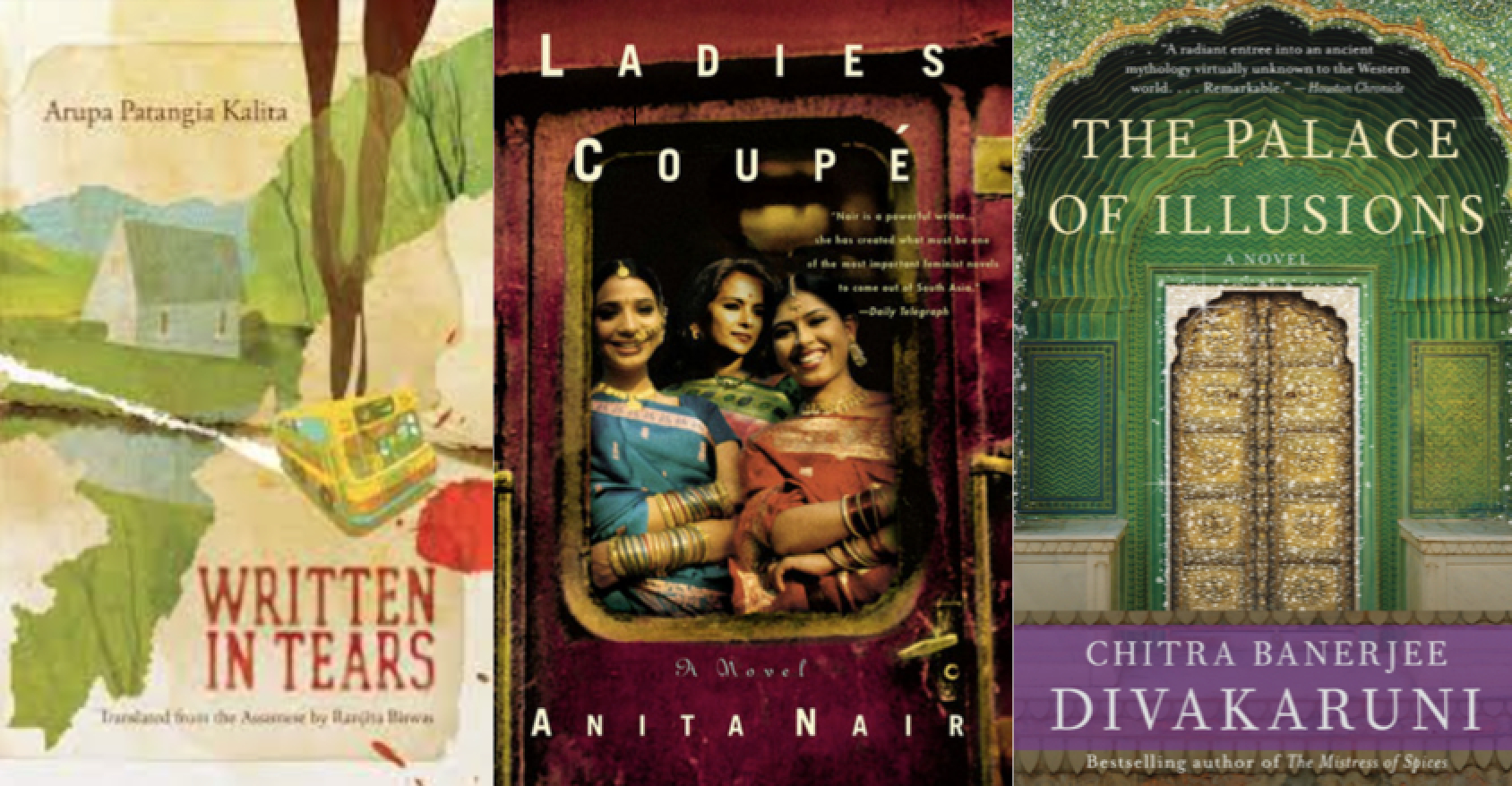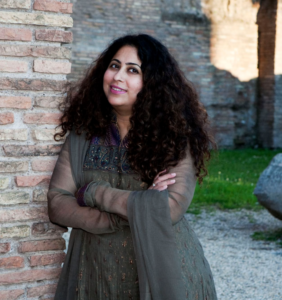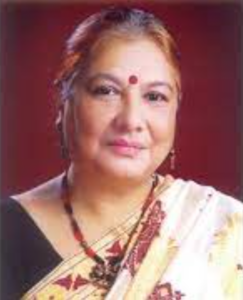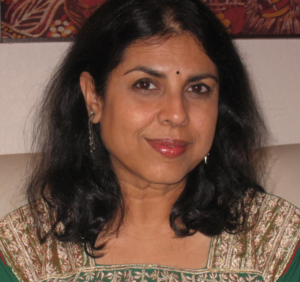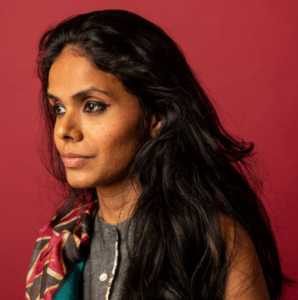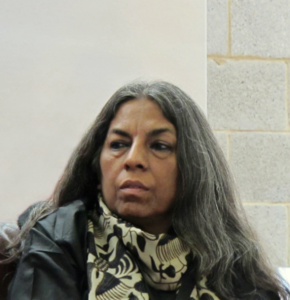Fiery works of Indian feminist writers
Often shackled by a society that still runs on a patriarchal set of values, for centuries feminist fiction has been an imperative way for Indian women to bare their hearts through writing for centuries, starting with iconic Mughal women like Nur Jahan and Zeb-un-Nissa. During the British Raj and post-independence, the feminist movement truly took off, with activist Tarabai Shinde’s Stri Purush Tulana (1882), often considered the first modern Indian feminist text, which fiercely protested against women’s issues rampant at the time, like denial of education and widow remarriage. Another iconic author, Pandita Ramabai Sarasvati wrote High Caste Hindu Woman (1887), which cleverly uncovered how generations of Indian “traditions and customs” were actually a veil to disguise the oppression of women.
Since then, there have been waves of brave Indian female writers who have protested against injustices of women in society through their stories.
Anita Nair
Born in 1966 in Palakkad in Kerala, Anita Nair is known for her passionate work that weaves a feminist outlook on the lives of ordinary people and their subtle rebellions. One of her most popular novels, Ladies Coupé (2001), deals with the stories exchanged between a group of diverse women travelling on a train to Kanyakumari in Tamil Nadu. It is told through the eyes of middle-aged Akhila, who journeys alone in an attempt to break free from her conservative Brahmin life and find herself. She listens to these women and becomes inspired to alter her pre-conceived notions, finally understanding the answer to a question that has always confused her: “Can a woman stay single and be happy, or does a woman need a man to feel complete?”
Nair’s Mistress (2005) touches upon similar themes of identity crises and her 2010 novel Lessons in Forgetting was adapted into an eponymous film in 2012 and won the National Film Award for Best Feature Film (English).
Arupa Kalita Patangia
Born in 1956, Arupa Kalita Patangia is one of the most renowned voices in contemporary Assamese literature and has won prestigious literary awards for her work, including the Bharatiya Bhasha Parishad award and the Katha Prize. Translated to English, Hindi and Bengali, Patangia’s writing addresses how the lives of her female characters, usually from middle and lower classes, are interlaced with violence and insurgency.
Her 2014 collection of eight short stories, Written In Tears, for which she received the esteemed Sahitya Akademi Award, gives readers a glimpse into the suffering that plagued the lives of women set against the landscape of decades-old violent conflict in Assam. In one story, newly-wed Arunima feels helpless as her husband’s family is torn apart in the aftermath of her insurgent brother-in-law’s absence and another portrays how Ayengla, who secretly feeds insurgents, survives after a violent sexual assault.
Interestingly, Patangia is one of the modern generation of authors who, despite their women-centric stories, have rejected the term “women writer,” and had famously declined an award from the Assam Sahitya Sabha on the grounds of it being in the “women-only” category. Explaining the controversial decision, she said in an interview that once published, a novel should be “judged according to its merit as a text, not on the basis of gender.”
Chitra Banerjee Divakaruni
Born in 1956 in Kolkata, prolific author and poet Chitra Banerjee Divakaruni’s works have largely focused on the lives and experiences of South-Asian immigrants such as Before We Visit the Goddess (2016), which paints a picture of the deep and complicated bond between mothers and daughters. Several of her books, such as The Mistress of Spices (1997) and Sister of My Heart (1999) have been adapted into films, and Arranged Marriage, her short story collection, won an American book award in 1996. Clothes, from the anthology, was adapted as a dance theatre piece by Roberta Uno of New World Theatre.
Although talented in a variety of genres like realistic, literary and historical fiction, Divakaruni’s foray into mythology commands special attention. One of her most notable novels, Palace of Illusions (2008) is a thrilling retelling of the epic Mahabharatha through the point of view of Draupadi, who is often seen as a feminist icon in Hindu mythology, and stayed a national best seller in India for over a year. The Los Angeles Times praised her “feat of transforming a centuries-old cultural icon into a personal, modern story.” The film version is set to release in 2021 and will star Deepika Padukone as the protagonist.
Currently, Divakaruni is the Betty and Gene McDavid Professor of Writing at the University of Houston’s Creative Writing Programme.
Meena Kandasamy
Chennai-based poet, writer, and activist Meena Kandasamy was born in 1984. Her works largely explore themes of feminism, caste annihilation and linguistic identity, and she has received harsh criticism for her protests against casteism and right-wing Hindu ideology in Indian society. From 2001-2002, Kandasamy was Editor at The Dalit, a bi-monthly alternative English magazine of the Dalit Media Network.
Her 2017 novel When I Hit You: Or, A Portrait Of The Writer As A Young Wife, tells the story of an unnamed female narrator whose husband, a university professor, rapes and bullies her into giving up her career. Through the protagonist’s story, Kandasamy attempts to break down the concept of toxic masculinity prevalent in society and portray the battle some women are forced to undertake under the guise of traditional wedlock.
Urvashi Butalia
Born in 1952 in Ambala in Haryana, publisher, writer and activist Urvashi Butalia is particularly notable for co-founding Kali for Women, India’s first exclusively feminist publishing house, in 1984. Butalia and Ritu Menon, her co-founder, were jointly awarded the Padma Shri for Literature and Education in 2011.
Her novel Speaking Peace: Women’s Voices from Kashmir (2015), deals with women’s experiences amidst the continuing violence in Kashmir, including their access to education and the shift in power dynamics within their own families during a decade of conflict.

